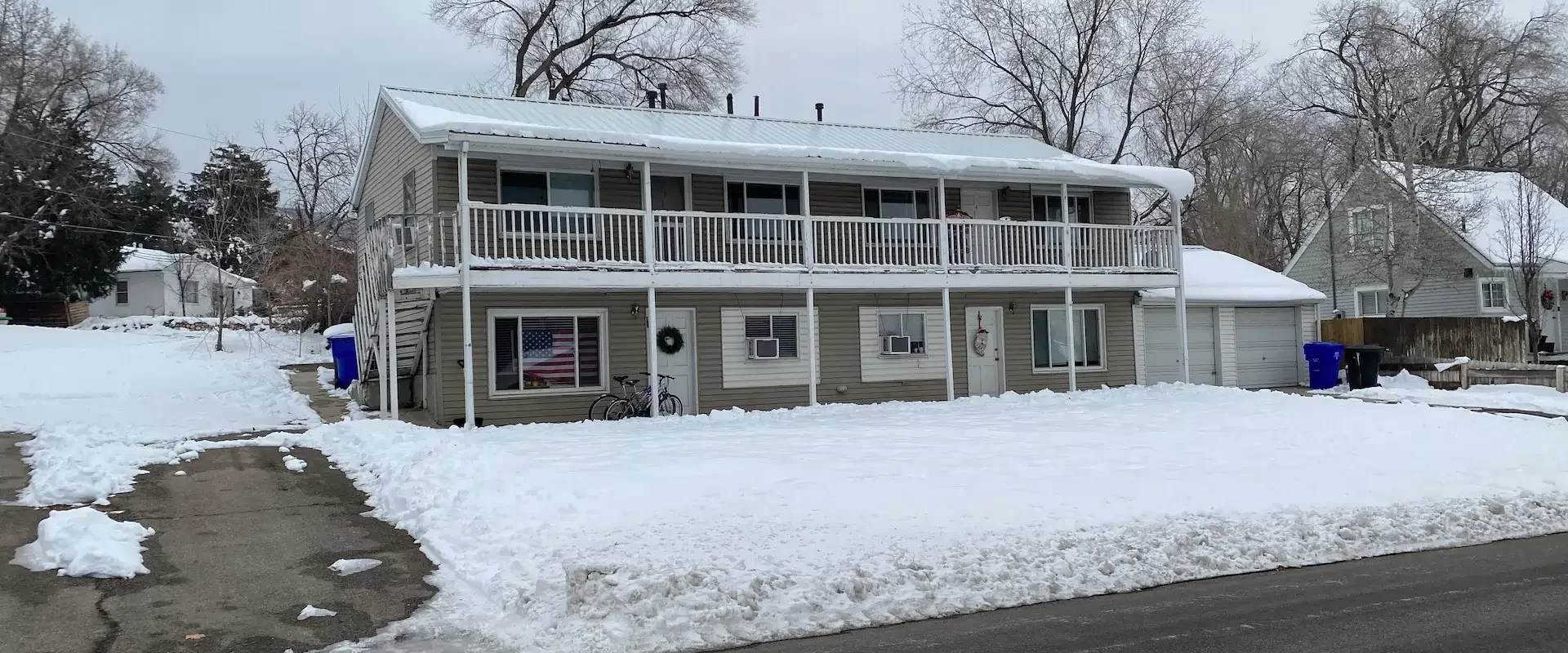How to Sell Your House During Bankruptcy in Salt Lake City
Selling a house is a complex process in any situation, but when you’re dealing with bankruptcy, it can feel even more overwhelming. However, selling your home during bankruptcy is possible with careful planning and a clear understanding of the legal requirements. Here’s a comprehensive guide on how to navigate the process of selling your house during bankruptcy in Salt Lake City.
1. Understand the Bankruptcy Type and Its Impact on Your Sale
There are different types of bankruptcy, and each can affect your ability to sell your house:
- Chapter 7 Bankruptcy: In a Chapter 7 bankruptcy, your assets may be sold to pay off creditors, including your house. However, in some cases, you can claim a homestead exemption that allows you to keep your primary residence. If the exemption doesn’t cover your house, it may be liquidated.
- Chapter 13 Bankruptcy: Under Chapter 13 bankruptcy, you’re typically allowed to keep your property and establish a repayment plan with creditors. However, if you choose to sell your house, you must first receive approval from the court.
Understanding which type of bankruptcy you’re filing will help determine if and how you can sell your property.
2. Consult Your Bankruptcy Attorney
Selling a house during bankruptcy is a legal process that requires careful attention to rules and regulations. Consult with your bankruptcy attorney to determine the steps you need to take to sell your home legally and avoid complications. Your attorney can guide you on whether you need court approval and help you understand any restrictions or timelines involved.
Additionally, a knowledgeable attorney will be able to help you navigate paperwork, negotiate with creditors, and ensure that the sale proceeds are handled appropriately.
3. Get Approval from the Bankruptcy Court
Before you can sell your house, you’ll likely need approval from the bankruptcy court, especially if you’re filing for Chapter 13 bankruptcy. File a Motion to Sell with the court, which will detail the sale terms, the buyer’s information, and how the proceeds will be distributed.
The court will review the sale terms to ensure that they’re fair and in the best interest of your creditors. In most cases, this process is straightforward, but it’s essential to work with your attorney to prepare a thorough motion that can help expedite approval.
4. Obtain a Real Estate Agent Familiar with Bankruptcy Sales
When selling a home during bankruptcy, it’s helpful to work with a real estate agent who has experience with distressed or bankruptcy sales. Look for an agent who understands the nuances of selling properties in bankruptcy and who can manage the paperwork and deadlines required for court approval.
An experienced agent will be able to price your home competitively, market it effectively, and negotiate with buyers in a way that aligns with your legal obligations. They can also coordinate with your attorney to ensure a smooth process from listing to closing.
5. Set a Competitive Price
Pricing your home competitively is especially important when selling during bankruptcy, as your goal is typically to generate enough proceeds to satisfy creditors and cover any outstanding debts. Work with your real estate agent to conduct a comparative market analysis and set a price that reflects the current Salt Lake City market.
A well-priced home will attract buyers faster, reducing the time it spends on the market and helping you move through the sale process more quickly.
6. Be Transparent with Potential Buyers
Selling a home during bankruptcy can come with extra steps and requirements, so it’s best to be transparent with potential buyers about your situation. Letting buyers know upfront that the sale is contingent on court approval can help prevent misunderstandings later in the process.
Buyers who understand that the sale requires additional steps may be more patient and flexible, making the entire process easier for everyone involved.
7. Plan for Creditors’ Claims on Sale Proceeds
In most cases, proceeds from the sale of your home during bankruptcy will go toward paying off creditors. Once the house is sold, the bankruptcy trustee will distribute the funds according to the terms of your bankruptcy case. Discuss with your attorney how the sale proceeds will be allocated so that you’re prepared for any remaining balances or other financial obligations.
Your attorney can help you understand how the sale proceeds will impact your debts and what portion, if any, you may be able to retain after satisfying your creditors.
8. Close the Sale Efficiently
Once you have a buyer and court approval, the closing process will begin. Work with your real estate agent, attorney, and the bankruptcy trustee to ensure a smooth closing process. This may involve signing final documents, transferring the title, and handling any last-minute requirements from the court.
Since selling a house during bankruptcy involves several parties, communication is crucial to prevent delays or complications during closing. Make sure everyone is on the same page to ensure a seamless transaction.
9. Consider the Tax Implications
Selling a home during bankruptcy can have tax implications, especially if there’s debt forgiveness involved. In some cases, forgiven debt may be considered taxable income. Consult with a tax professional to understand how the sale might impact your tax obligations.
Additionally, certain exemptions and tax breaks may be available, depending on your situation, so seeking advice from a tax advisor can help you plan accordingly.
10. Use the Sale as a Fresh Start
Selling your home during bankruptcy can be a difficult decision, but it also offers an opportunity to start fresh. After completing the sale, you may be able to pay down debt, stabilize your finances, and potentially begin rebuilding your credit.
Use this experience as a stepping stone toward financial recovery. By following the correct legal procedures and managing the sale responsibly, you can set yourself up for a more stable future.
Final Thoughts
Selling a home during bankruptcy in Salt Lake City is a complex process, but with careful planning and the right professional support, you can navigate it successfully. Working closely with your bankruptcy attorney and an experienced real estate agent is crucial to ensuring a smooth sale. With patience, transparency, and a clear understanding of the legal requirements, you can sell your home and take meaningful steps toward financial stability.

